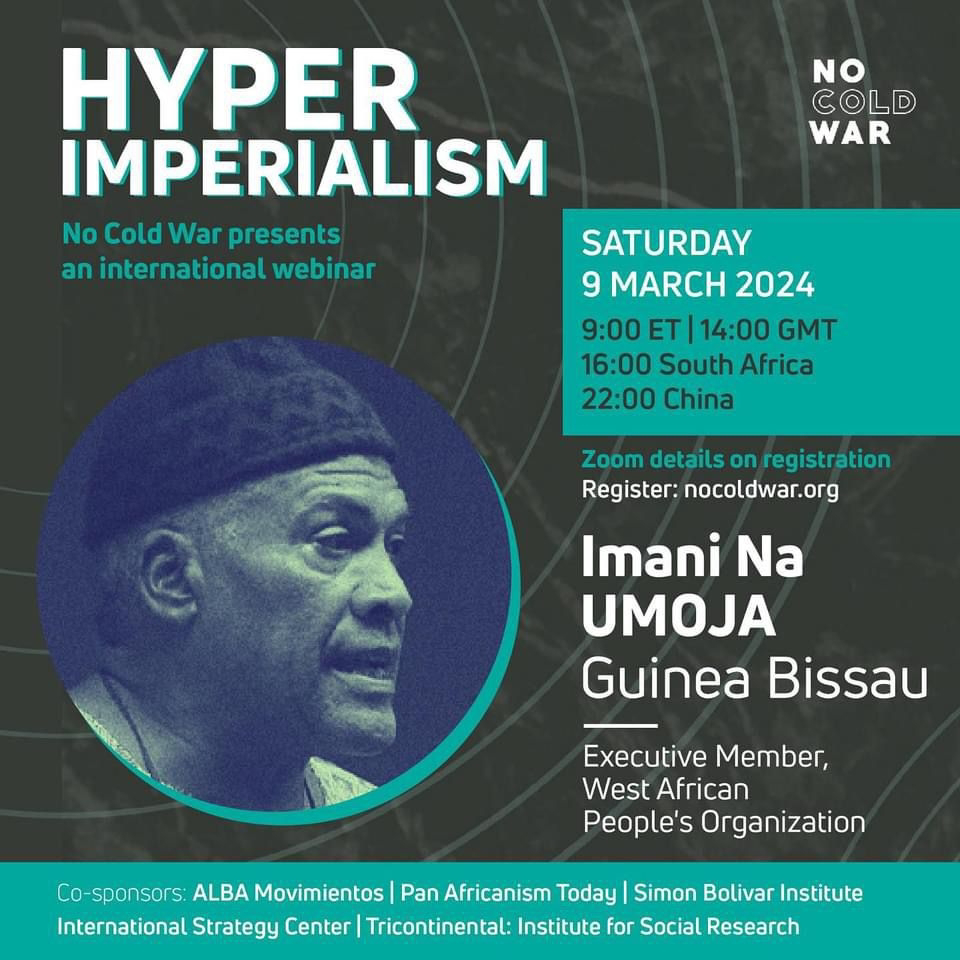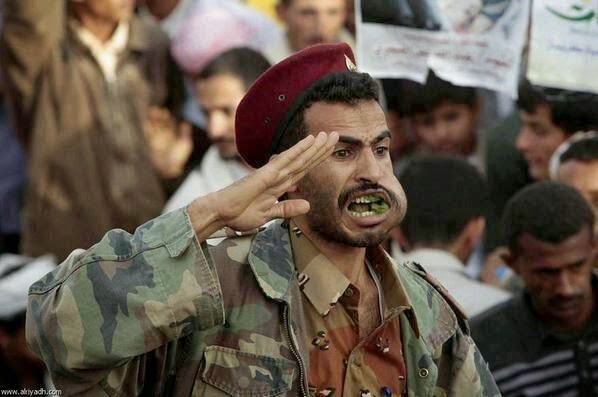A recent in-depth study has illuminated a significant shift in the global geopolitical landscape, a transformation characterized by the receding hegemony of nations in the Global North. This decline in traditional dominance, according to the research, has opened a window of new opportunities for emerging organizations from countries in the Global South, signaling the potential for a new era in the world order.
The study, titled "Hyper-Imperialism: A Dangerous Decadent New Stage," comprehensively explores how the erosion of influence from the developed nations of the North has altered the dynamics of global power. This analysis not only identifies the downward trends but also examines the underlying factors contributing to this change, including rapid economic growth in the South, heightened political awareness, and a desire for a more multipolar world order.
One of the key findings of the study is the emergence of new organizations in the South that are increasingly playing an active role in global affairs. These organizations, often focusing on issues such as sustainable development, economic justice, and greater political representation, are capitalizing on the momentum of the North's declining hegemony to strengthen their position and influence on the world stage.
The research also underscores the potential dangers and challenges associated with this new phase, which it describes as a "dangerous decadent new stage of hyper-imperialism." This term implies that while the traditional dominance of the North is waning, new forms of influence and control may be emerging, potentially creating complex and even more unstable power dynamics.
One aspect analyzed in the study is how Northern nations are attempting to maintain their influence amidst the shifting geopolitical landscape. Strategies that may be employed include the formation of new alliances, the utilization of economic and financial instruments, and efforts to shape global norms and institutions.
Conversely, the study also highlights how Southern nations are striving to assert their sovereignty and autonomy in the face of potential new forms of imperialism. These efforts can include the strengthening of South-South cooperation, the diversification of economic and political relationships, and the development of stronger domestic capacities.
The implications of this geopolitical shift are far-reaching and could affect various aspects of the world order, from trade and investment to security and diplomacy. The rise of new powers in the South has the potential to reshape the global architecture and challenge long-established norms.
The study also emphasizes the importance for policymakers and analysts to understand the complex dynamics of this new phase. Effective policies and strategies will require a deep understanding of the forces at play, the emerging opportunities, and the potential risks involved.
Furthermore, the research stresses the need for more inclusive dialogue and cooperation between the North and the South. A more stable and just world order necessitates the recognition and respect of the interests and perspectives of all nations, regardless of their geographical location or level of economic development.
The emergence of new organizations in the South also offers the potential to address pressing global challenges, such as climate change, poverty, and pandemics. Closer cooperation among Southern nations could yield innovative and sustainable solutions that are more tailored to their needs and contexts.
However, the study also cautions that the potential for conflict and competition among powers could also increase during this transitional period. The shifting balance of power could create uncertainties and trigger efforts to assert influence and national interests.
Therefore, it is crucial for all parties to prioritize diplomacy and dialogue in managing this geopolitical transformation. Multilateral mechanisms and international forums can play a vital role in facilitating communication, building trust, and preventing the escalation of conflicts.
The study "Hyper-Imperialism: A Dangerous Decadent New Stage" provides valuable insights into the evolving dynamics of global power. Its findings highlight both the opportunities and the challenges associated with the receding hegemony of the North and the rise of powers in the South.
A deep understanding of these trends is essential for efforts to build a more just, stable, and sustainable world order. Inclusive and mutually respectful cooperation between the North and the South will be key to navigating this complex new phase.
The emergence of Southern organizations as increasingly influential players in global affairs is a significant development. These organizations bring different perspectives and priorities, which can enrich global discussions and lead to more diverse and innovative solutions.
However, it is also important to recognize that Southern nations are not a homogeneous group. They possess diverse interests and perspectives, and cooperation among them may face its own set of challenges.
The study encourages researchers and policymakers to continue monitoring and analyzing these geopolitical developments. An ongoing understanding of the shifting dynamics of global power will be crucial for responding effectively to emerging opportunities and challenges.
Ultimately, the transition towards a more multipolar world order can bring significant benefits, including fairer representation and more inclusive global solutions. However, the success of this transition will largely depend on the ability of all parties to manage change peacefully and constructively.
The study "Hyper-Imperialism: A Dangerous Decadent New Stage" is an important contribution to understanding this crucial phase in global history. Its findings provide a strong foundation for further discussion and action in the pursuit of a better future for all of humanity.



+armed+missile+rockets+tandem+two-seat,+turboprop+aircraft+Turkish+Aerospace+Industries+(TAI)+new+basic+trainer+ground+attack+aircraft+Turkish+Armed+Forces+export+pakistan+india+bangladesh+uae+(1).jpg)












